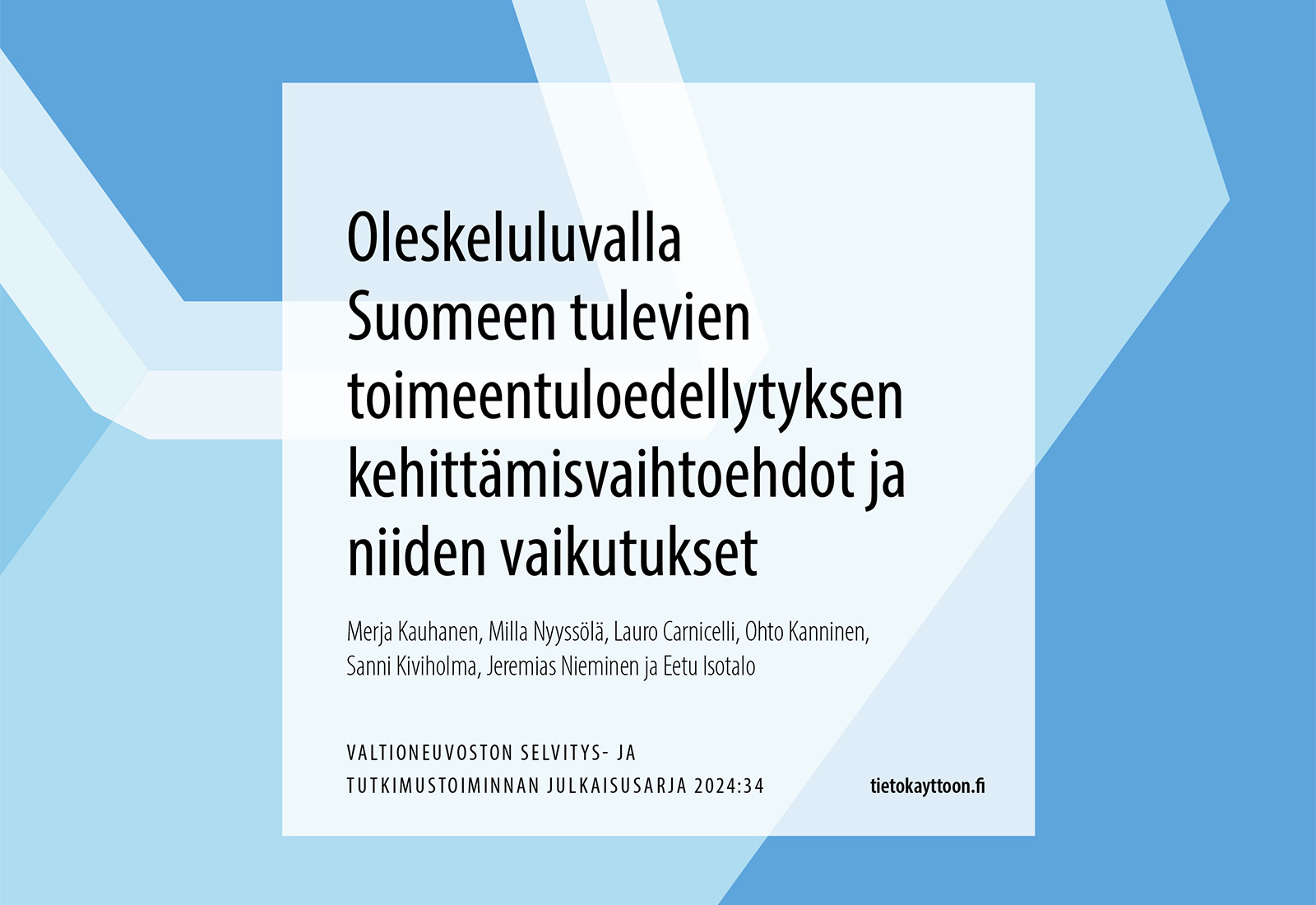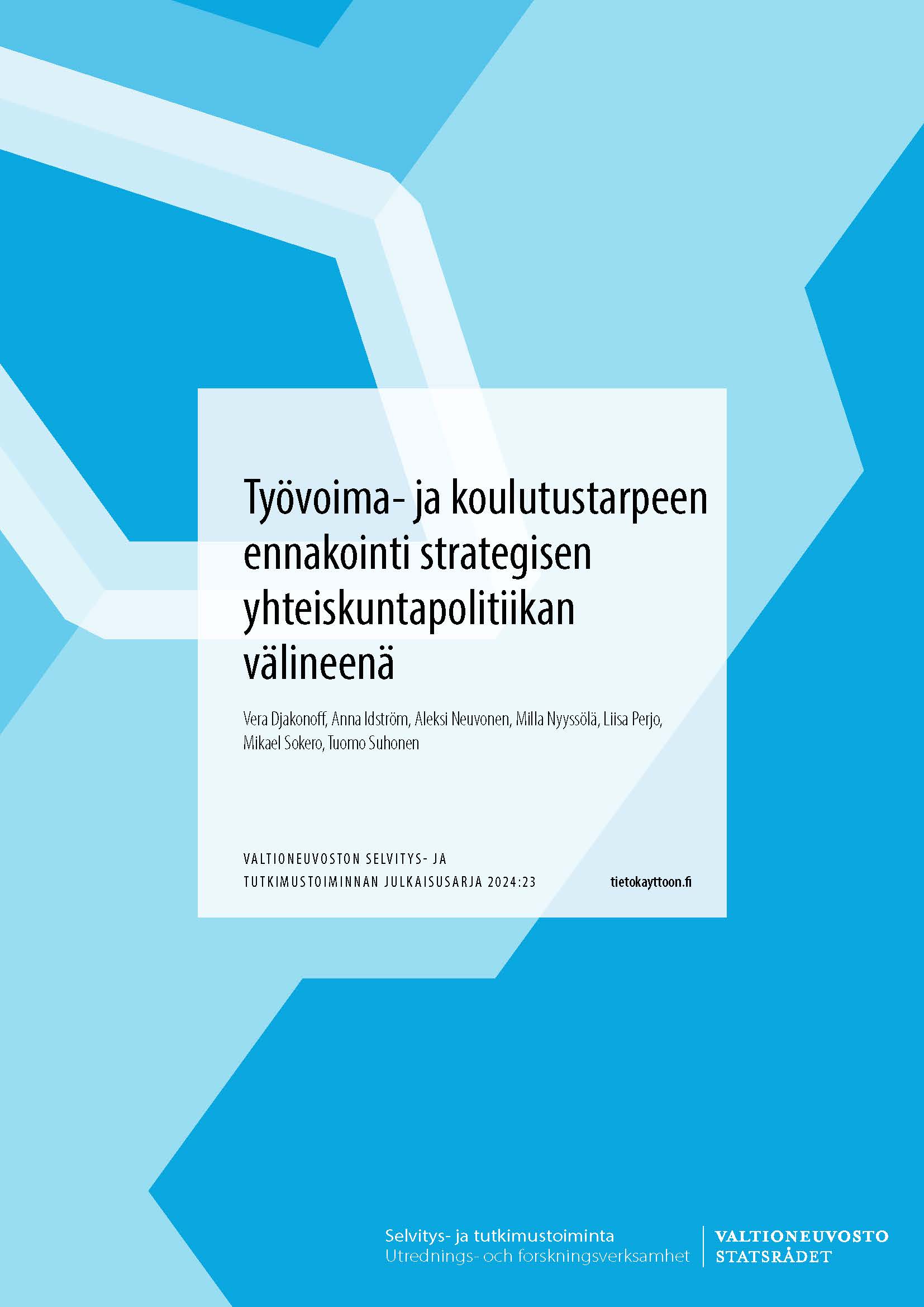The effects of Covid-19 crisis on economic outcomes
Abstract
Covid-19 pandemic and restrictions imposed by authorities to prevent the spread of the virus affected simultaneously demand for services and products as well as labor supply and labor demand. In that sense the economic shock caused by the pandemic differs notably from previous economic crises.
The pandemic resulted in a comprehensive but short-lived decline in economic activity in spring and summer 2020. Even though the drop in the overall economy was short, the pandemic had a large and long-lasting effect on hotels and restaurants, recreational services, and logistics. The number of furloughs multiplied from previous years, while the number of unemployed individuals increased only moderately.
The social security system and taxation compensated a major part of a decline in the market income of households. A temporary law change that provided access to labor market subsidy for entrepreneurs compensated most of the income losses of entrepreneurs. At the population level, income inequality did not increase in the first pandemic year. Thus, the social security system and taxation succeeded in preventing the adverse effect of the economic crisis on economic inequality at least in the short run. More stringent assembly restrictions imposed by authorities did not affect average wages, but there is evidence of short-lived impacts in certain industries.
Publication Information
Isotalo, E., Kyyrä, T., Lähdemäki, S., Pesola, H., Ravaska, T., Suhonen, T., & Villanen, J. (2022), Koronakriisin taloudellisten vaikutusten kohdentuminen, Publications of the Government’s analysis, assessment and research activities 2022:56.
- ISSN: 2342-6799 (Online)
- ISBN: 978-952-383-436-1 (Online)

- Tuomo Suhonen
- Research Director, Research Leader
- Tel. +358-40 940 2916
- tuomo.suhonen@labore.fi
- Profile

- Eetu Isotalo
- Researcher
- Tel. +358-40 940 2696
- eetu.isotalo@labore.fi


